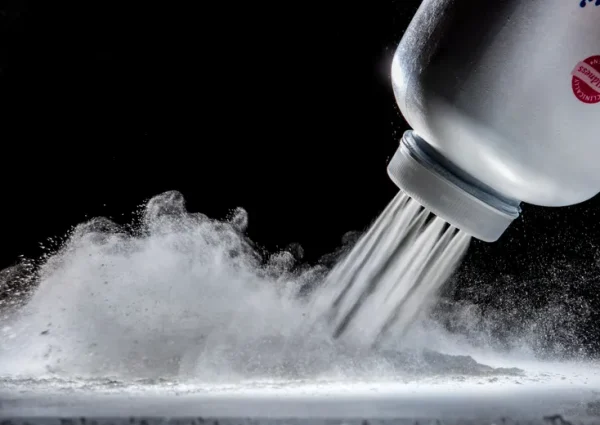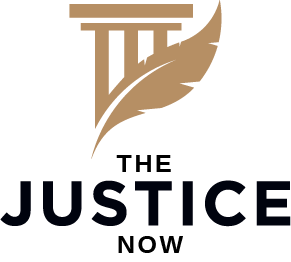Johnson & Johnson's must pay $18.8 million to California cancer patient in baby powder lawsuit - A jury found on Tuesday that Johnson & Johnson must pay $18.8 million to a California man who claimed he contracted cancer after using the firm's baby powder. This is a blow for the corporation as it works to resolve thousands of other cases involving its talc-based products in the U.S. bankruptcy court.

Emory Hernandez Valadez, who sued J&J in a California state court in Oakland last year, won the jury’s decision. He was seeking monetary damages. Hernandez, 24, claims that heavy exposure to the company’s talc starting in his early years led to the development of mesothelioma, a fatal malignancy, in the tissue surrounding his heart. The six-week trial was the first talc-related case that J&J, based in New Brunswick, New Jersey, had to deal with in over two years.
Hernandez was determined to be entitled to damages from the court to cover his medical costs, agony, and suffering. Still, the jury decided not to punish the firm with punitive damages. Hernandez won’t be able to collect the award soon because of a bankruptcy court decision blocking most of J&J’s talc litigation.
According to J&J’s vice president of litigation Erik Haas, the verdict is “irreconcilable with the decades of independent scientific reviews proving Johnson’s Baby Powder is safe to use, does not contain asbestos, and does not cause cancer.” The corporation has announced that it will appeal the decision.
Hernandez’s attorney could not be reached for comment right away.
Courtroom View Network allowed Reuters to view the trial.
In closing arguments to the jury on July 10, J&J’s lawyers said there was no evidence linking Hernandez’s mesothelioma to asbestos or proving that Hernandez was ever exposed to tainted talc. Hernandez’s lawyers, during closing arguments, accused J&J of a “despicable” decades-long coverup of asbestos contamination.
Hernandez testified in June, telling jurors that he would have avoided J&J’s talc if warned that it contained asbestos, as his lawsuit alleges. Jurors heard from Hernandez’s mother, Anna Camacho, who said she used large amounts of J&J’s baby powder on her son during childhood. She cried as she described Hernandez’s illness.
Numerous lawsuits have been filed by plaintiffs claiming that J&J’s baby powder and other talc products occasionally contained asbestos and contributed to developing ovarian cancer and mesothelioma. According to J&J, its talc products are risk-free and free of asbestos, which has been associated with mesothelioma.
In April, LTL Management, a J&J company, filed for bankruptcy in Trenton, New Jersey, with a plan to pay $8.9 billion to resolve more than 38,000 complaints and stop further litigation. After a federal appeals court rejected an earlier offer, it was the company’s second attempt to settle talc claims in bankruptcy.
Most lawsuits are put on hold during bankruptcy proceedings, but Hernandez’s trial was allowed to continue by U.S. Chief Bankruptcy Judge Michael Kaplan, who is in charge of LTL’s Chapter 11.
Hernandez’s case stands out from most others against J&J since his type of mesothelioma is uncommon.
Asbestos victims are challenging the most recent bankruptcy filing by LTL. They contend the film was made in bad faith to shield the business from legal action.
In contrast to trial courts, which they have compared to a “lottery” in which some litigants receive significant damages while others receive nothing, J&J and LTL have contended that bankruptcy distributes settlement compensation to plaintiffs more fairly, effectively, and equitably.
According to bankruptcy court records, the costs of J&J’s talc-related judgements, settlements, and legal fees have reportedly totalled roughly $4.5 billion.

